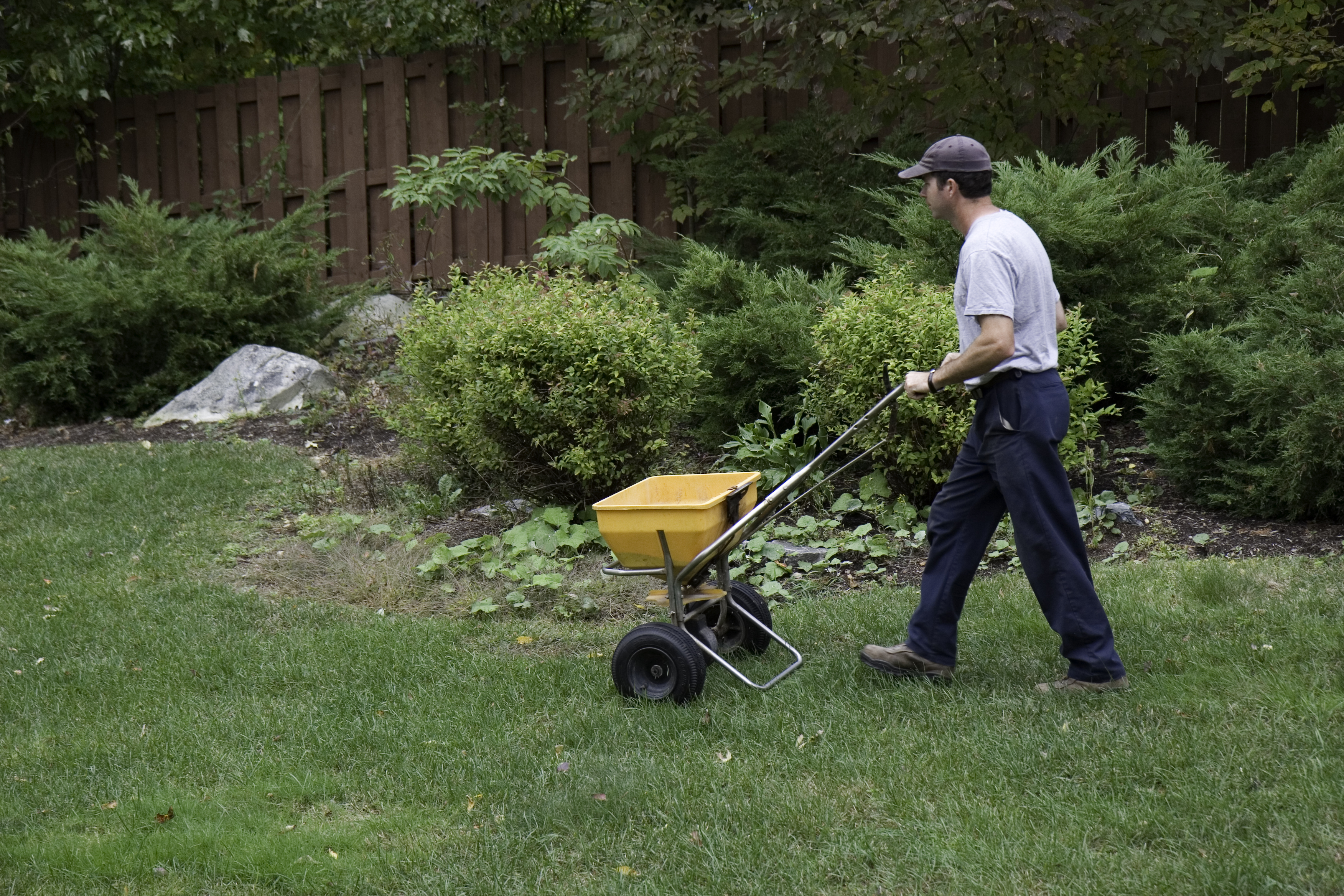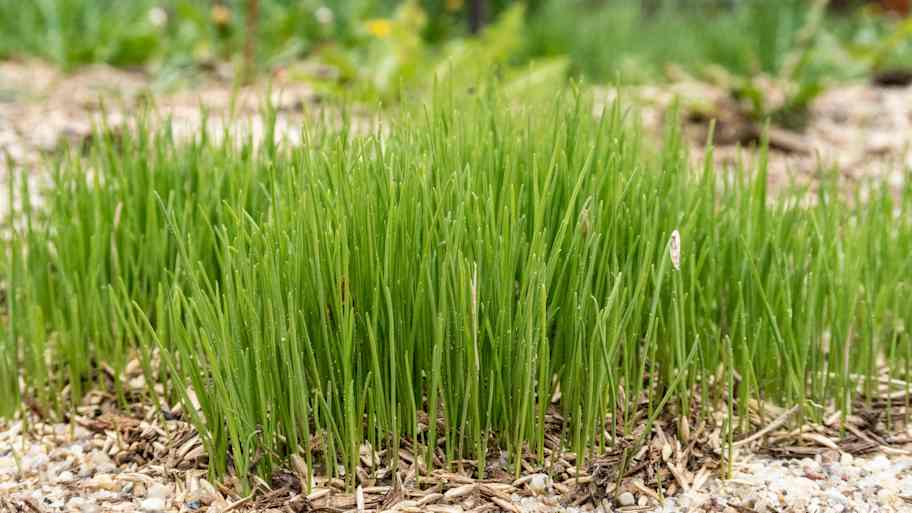
Get matched with top lawn fertilization and treatment specialists in Tilden, NE
Enter your zip and get matched with up to 5 pros
Need a pro for your lawn fertilization and treatment project in Tilden, NE?
Find Lawn fertilization and treatment specialists in Tilden
Getrdone handyman
Getrdone handyman
I've been in the industry off and on 10 years plus and what's the truck driver for 20 years nor the transportation industry and also worked at at Park there the maintenance repairing fabricating different things for different events and now I'm looking forward to go on my own to accommodate my family a little bit better
I've been in the industry off and on 10 years plus and what's the truck driver for 20 years nor the transportation industry and also worked at at Park there the maintenance repairing fabricating different things for different events and now I'm looking forward to go on my own to accommodate my family a little bit better
The Tilden, NE homeowners’ guide to lawn fertilization and treatments
From average costs to expert advice, get all the answers you need to get your job done.
 •
•Discover the cost to fertilize your lawn, including average prices, key factors, and tips to help homeowners budget for a lush, healthy yard.
 •
•Get transparent power seeding cost info to learn what impacts pricing, how to save, and whether to DIY or hire a pro for your lawn’s best results.
 •
•Discover average hydroseeding cost, key price factors, and ways to save. Get transparent estimates for your lawn project and make informed decisions for your home.

Brown patches on your lawn may occur for several reasons, including lack of sunlight and overfertilization. Learn how to treat and prevent patches.

When it comes to drop spreaders versus broadcast spreaders, knowing the differences between them will help you make the right choice for your outdoor setup.

Ready to give your yard a fresh start? With these tips for grass seed planting, your lush lawn dreams are one step closer to becoming a reality.
